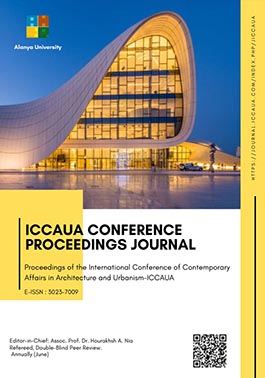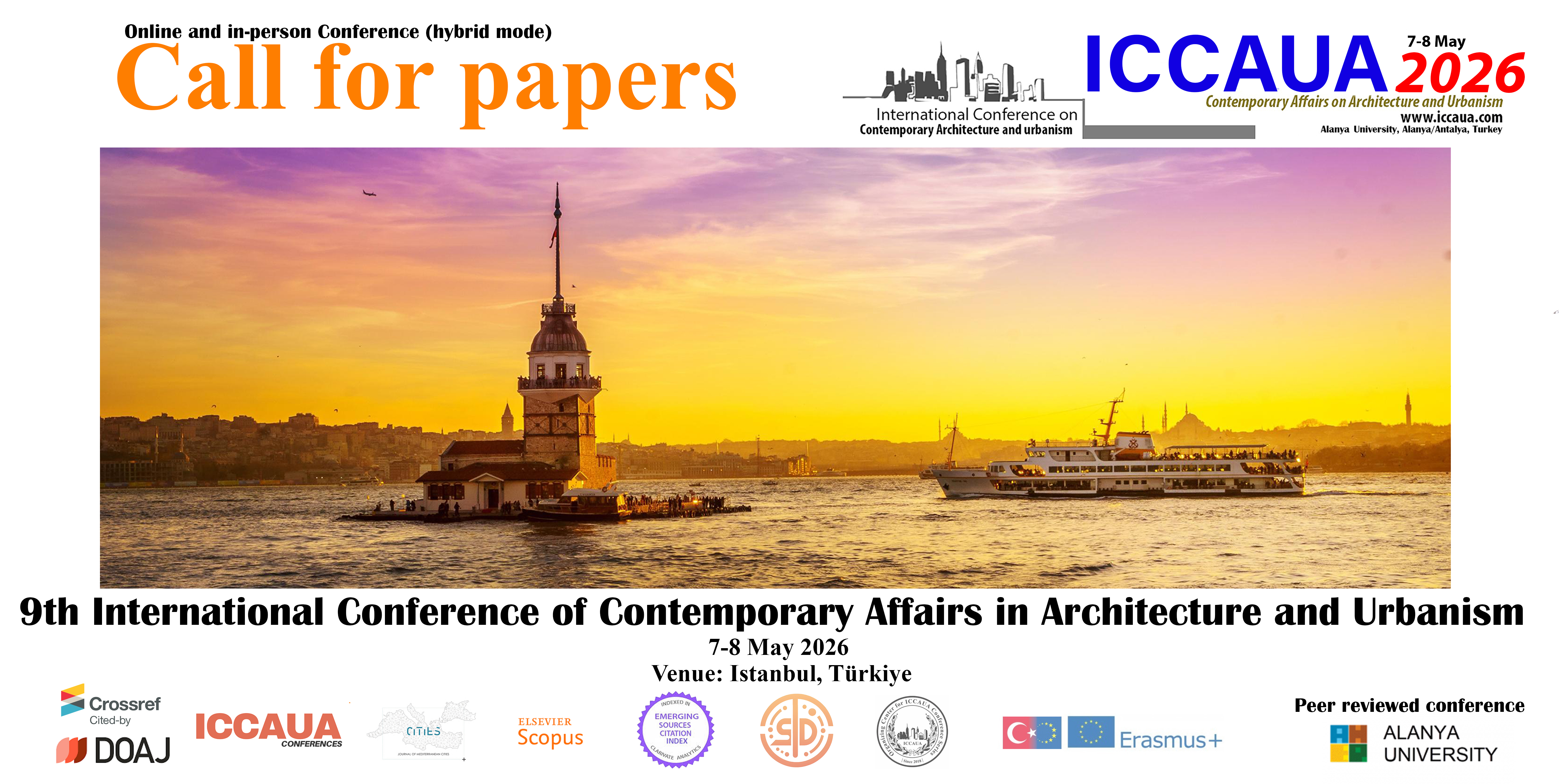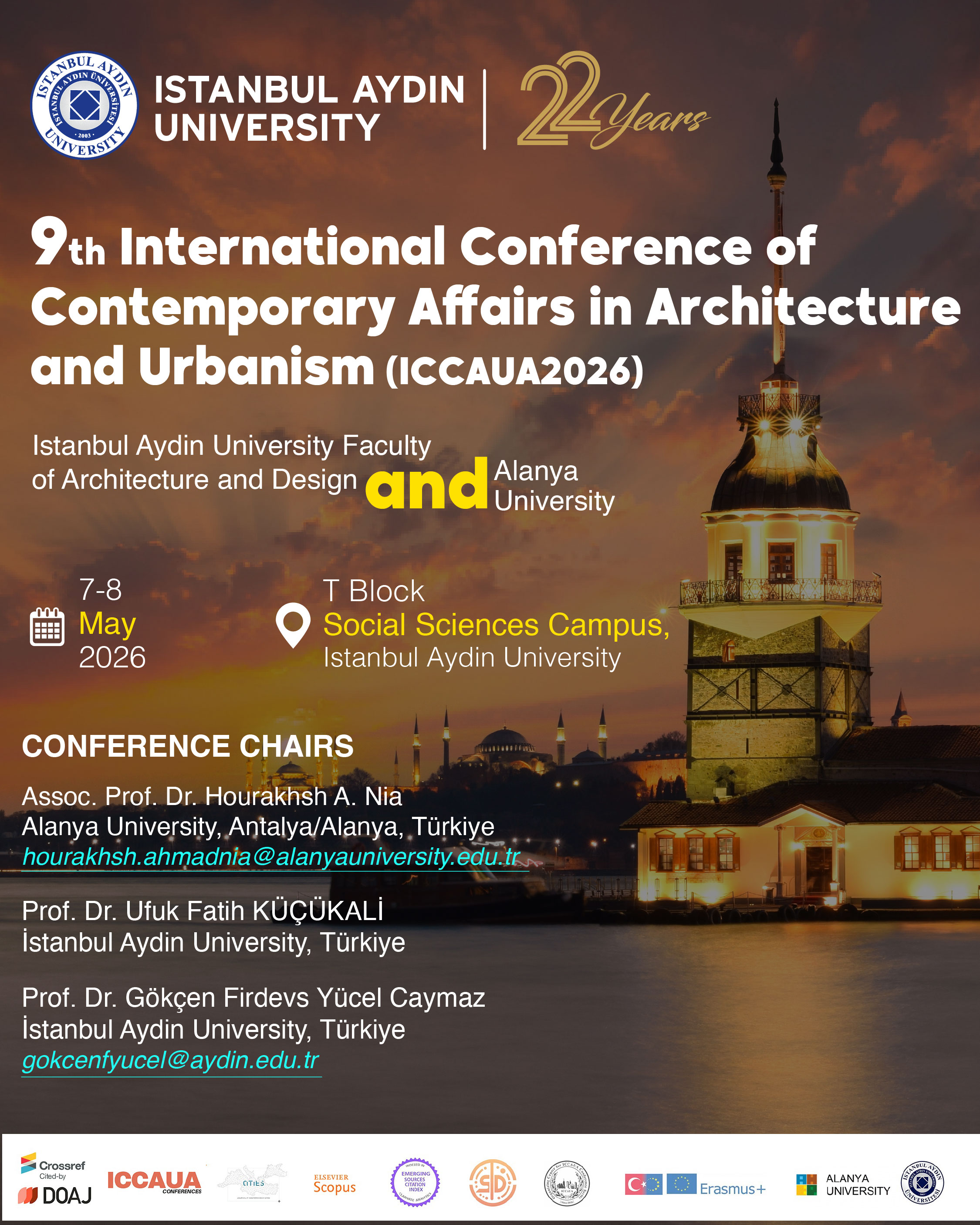Reading the colonial space through non-normative resources: An educational experience in the construction of meaning
DOI:
https://doi.org/10.38027/N172020ICCAUA316351Keywords:
Colonial Urban Policy, Built Of Meaning, Representation, Education Strategy, ReceptionAbstract
The urban space is the place of exercise of a plurality of actors who draw it and give it meaning. What is given to perceive is not an object frozen in time and does not have a unique reading scheme. Here we relate a pedagogical experience of analysis of the colonial urban space of the city of Mostaganem. The aim of the operation with architecture students is to exploit, in the absence of a reliable archival basis, unusual supports for an interpretative approach to the evolution of colonial space. The data are collected outside the usual educational practices to create a coherent methodological approach that can be reproduced subsequently. These are mainly romantic stories, life stories and old postcards. Our experience is dual: first, we describe the context of the study, namely the evolution of the city of Mostaganem, while being based on the characteristic supports previously quoted; then we report an account of the method supposed to objectify the use of subjective materials in the reading of the city.
Downloads
Downloads
Published
How to Cite
Issue
Section
License
Copyright (c) 2024 Nabil ROUBAI CHORFI

This work is licensed under a Creative Commons Attribution 4.0 International License.




















